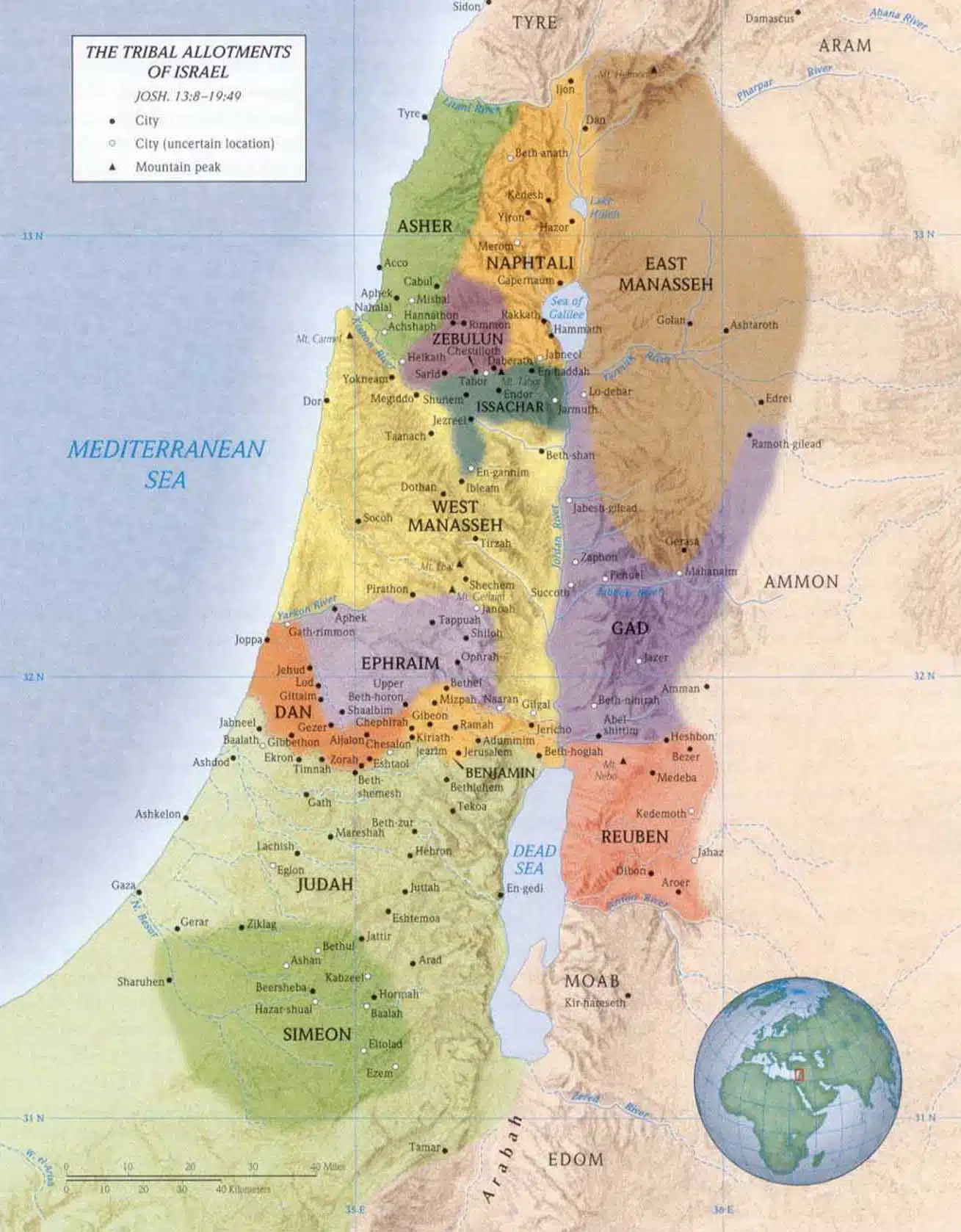Life on this earth is a once-in-an-existence opportunity. If we accept this reality and live with wisdom (founded in faith), we can enjoy life as God intended.
Solomon has just said that the same destiny awaits us all. The living will die and be forgotten. Our compulsion to understand and to control will fail while we are under the sun. Life is a blessing, there is great reward available while we live. But life is also a burden. There is much we can’t understand. When we try, it is like attempting to grab vapor. Now that we have sufficiently acknowledged the paradoxical nature of our world, that God’s ways are higher than our ways, Solomon offers a reprieve. In the philosophical realm, comprehensive understanding is not available. Only futility. But if we are willing to live based on faith, life can be very good.
Partaking of life in this manner is an act of faith. It is gratitude to God.
God is eager to support us. God is not looking for flaws. When we live in gratitude, God is eager to approve. Solomon says, for God has already approved your works. God pre-approves.
Of what works does Solomon speak? Are these religious works, demonstrating piety toward God? It does not seem so. It seems Solomon is speaking much more holistically. Solomon lists every day activities of life, speaking first of eating and drinking.
So, then (because of what has been said so far), go, eat your bread with happiness and drink your wine with a cheerful heart. If we accept things as they are, rather than trying to make them be something we are incapable of making them, we can enjoy the everyday blessings of life. The key is to choose a perspective that leads to a cheerful heart. We can choose a perspective that brings us an experience of life that is contented, satisfied, and fulfilled. Solomon doesn’t want us to just eat to stay alive. He wants us to really enjoy our meals.
Solomon moves from basic nourishment to clothing and hygiene. Let your clothes be white all the time might refer to dressing in a manner that is pleasing both to ourselves as well as to others. Let not oil be lacking on your head might refer to presenting ourselves to others well-groomed and/or with a pleasant aroma. Solomon doesn’t want us to clothe and groom to keep from freezing, he wants us to do so in such a way to really enjoy life from a foundation of profound gratitude.
Next the Preacher turns to marriage, admonishing us to enjoy life with the woman whom you love all the days of your fleeting life which He has given you under the sun. It is easy to take things for granted. Food, clothing, and family. But the real secret to happiness is to embrace and enjoy these everyday things with gratitude and thanksgiving. To appreciate the great privilege of being alive. Living in this manner is our reward in life and in our toil which we have labored under the sun. We should work hard, love well, and embrace life with gratitude. This leads to enjoyment.
Solomon ends this list with a catch-all that includes everything else we can do in life, saying whatever your hand finds to do, do it with all your might. Laboring under the sun leads to a great reward in life, if we live with gratitude. But time is short. Life is brief. And, Solomon says, there is no activity or planning or knowledge or wisdom in Sheol where you are going.
Sheol is an English transliteration of the Hebrew word. It probably would be better translated here as “grave.” Sheol means the place of the dead, and can refer either to where the body goes or where the spirit goes. In Acts 2:27, the Apostle Peter quotes Psalm 16:10, which says:
“For You will not abandon my soul to Sheol;
Nor will You allow Your Holy One to undergo decay.”
But Peter translates the Hebrew Sheol into Greek, and substitutes “Hades.”
The context here lends itself to be focusing on the reality that when we go to the grave, we can no longer plan, know, or learn. And, once again, Solomon drives home the point that the grave is where we all are going.
Biblical Text:
7 Go then, eat your bread in happiness and drink your wine with a cheerful heart; for God has already approved your works. 8 Let your clothes be white all the time, and let not oil be lacking on your head. 9 Enjoy life with the woman whom you love all the days of your fleeting life which He has given to you under the sun; for this is your reward in life and in your toil in which you have labored under the sun.
Check out our other commentaries:
-
What is Hell? Hades and Tartarus in the Bible meaning
Hades/Sheol is a temporary holding place of the dead until the final judgment. Within Hades are two separated regions: a place of coolness and comfort...... -
Psalm 139:19-22 meaning
David expresses his hope that the wicked will suffer for their disobedience, renouncing them from his life. He instead focuses on his own pursuit of...... -
Matthew 24:21-28 meaning
Jesus continues to answer the disciples’ second question regarding the sign of His coming and identifies the second precursor as the great tribulation. It will...... -
Hebrews 13:7-9 meaning
he Pauline Author encourages his readers to imitate their leaders and not be led astray by false teachings. ...... -
Deuteronomy 1:26-33 meaning
Moses continues recounting their exodus history. Due to lack of trust in the LORD, the Israelites rebelled against the command to go up to possess......



